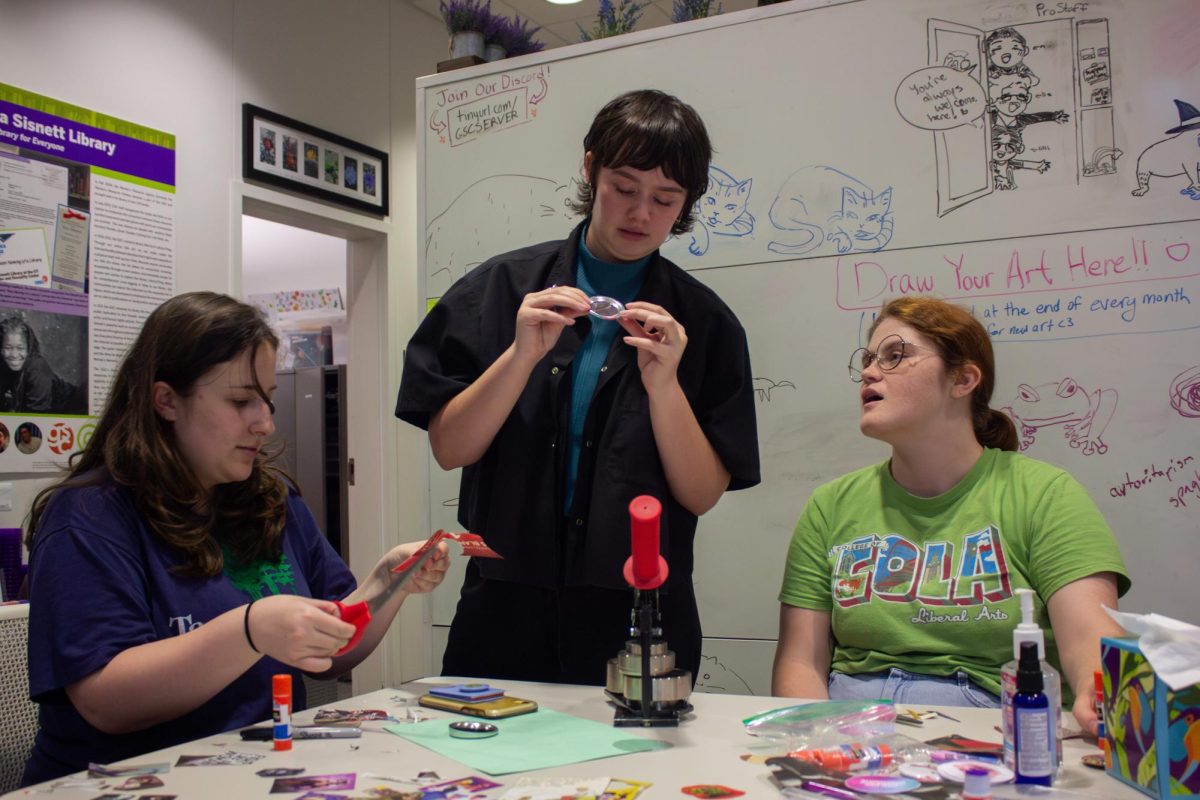With final exams creeping on the heels of students, the mounting pressure to succeed may drive students to study according to a “learning style” they have been assigned earlier in their education — but UT learning experts say this may not benefit students at all.
In elementary and high school, it is not uncommon for students to take a test defining their “learning style” as either visual, auditory, reading or kinesthetic. The Daily Texan spoke with experts from the Sanger Learning Center, as well as Teaching and Learning Services within the university libraries to find four solutions for students who find themselves in an academic rut.
1. Get ready to get messy.
Attention to detail can be helpful in class but can ultimately cost students precious points on an exam.
Sarah Brandt, librarian for first year programs at the PCL, said many students fall into the trap of focusing on facts, rather than more complex themes and concepts which are easier to memorize. Getting caught up in the minutia of an assignment or concept can be a roadblock in understanding the bigger picture.
“Sometimes we get caught up in memorizing discrete facts, rather than thinking about the connections between things,” Brandt said. “It’s easier to study those discrete facts that we know, than to maybe tackle something a little bit messier.”
2. Try something new.
After reviewing endless notes, flipping through flashcards and revising until their eyes are sore, students may find themselves in an academic rut because they’ve been trying the same method repeatedly, unsatisfied with their results. Brandt said this is because specific methods of studying may not be appropriate to every discipline or field of study.
“A student can think about switching it up for themselves,” Brandt said. “If you’re somebody who’s like ‘I always do flashcards,’ maybe you think of another way because I think novelty is really something our brains kind of latch onto.”
3. Make the material your own.
Courtney Sviatko, a Sanger Learning Center learning specialist, said reforming the information learned in lecture and readings in one’s own interpretation could also improve retention of information. Having to reinterpret information and become familiar with it will help students internalize the information as opposed to experiencing it through
rote memorization.
“In each new learning situation, in each new class, students could try out a variety of ways of making the material their own,” Sviatko said. “So when they take their lecture notes and review, maybe try rewriting the notes a different organizational format or talking it out with a study group.”
4. Reach out to professors and teaching assistants.
In order to understand the applications of different styles of teaching to different fashions of studying, Sviatko said she suggests students approach their professors and TAs about exams or course concepts when they are having trouble as opposed to trying to figure it out themselves. Speaking to people with experience in their field about concepts which are unclear can do wonders in enhancing their own understanding of the issue at hand.
“Maybe they can try some similar things and if that doesn’t work, perhaps go to meet with their TA or professor and say, ‘Here’s the way I’ve been studying, but your tests are a little bit different than what I’m used to. What would you recommend I do differently?’” Sviatko said.




















